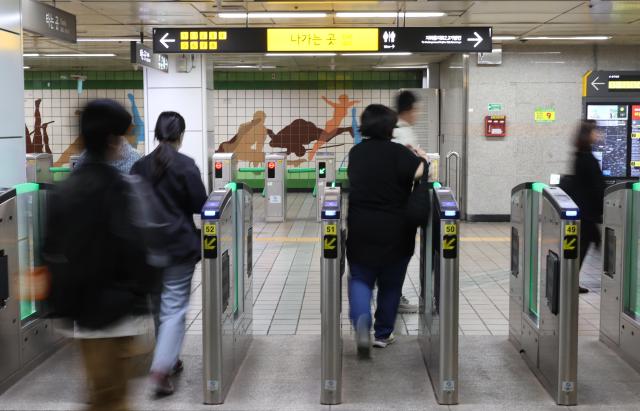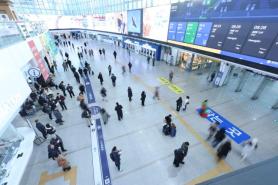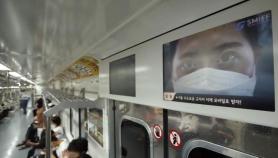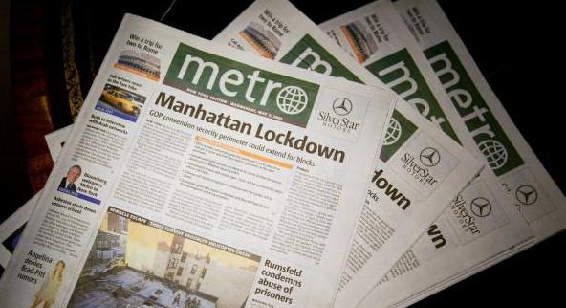
SEOUL, May 07 (AJP) - Subway operators from six major South Korean cities, including Seoul, the southern port city of Busan, and the western port city of Incheon, are once again calling on the government to cover mounting losses from free rides provided to elderly passengers and other eligible groups.
On Wednesday, Seoul Metro and five other urban rail operators issued a joint statement urging national funding to support what they describe as a public service obligation mandated by law. The proposal, signed by representatives from Seoul, Busan, Daegu, Incheon, Gwangju, and Daejeon, was submitted to the National Assembly’s Land, Infrastructure and Transport Committee Chairman Maeng Sung-kyu and related ministries.
Since 1984, South Korea has offered free subway rides to seniors aged 65 and older, people with disabilities, and recipients of national merit. While this program has been considered a core element of the country’s transportation welfare system, the financial burden has largely fallen on local operators with no direct compensation from the government.
According to the six operators, free ride losses have averaged 558.8 billion won ($401 million) per year over the past five years. Last year, for the first time, the combined annual loss exceeded 700 billion won. Seoul Metro alone reported a deficit of 413.5 billion won, accounting for more than half the total.
These losses are expected to grow as the population continues to age. Seoul Metro said its annual free ride losses have been rising by around 10 percent each year, and estimates that by 2040, they could surpass 500 billion won annually.
The subway operators also pointed to what they see as an unfair disparity with Korail, the national railway operator. Korail receives government subsidies for free ride losses, but the same support does not apply to city-run subway systems. The government has maintained that urban subway deficits are a local matter and can be addressed by raising fares.
Despite several attempts to revise relevant laws, including the Urban Railroad Act, the Welfare of Senior Citizens Act, and the Welfare of Disabled Persons Act, no progress has been made.
Union and management representatives at the meeting voiced frustration, saying the government is both the creator and beneficiary of the free ride system and must therefore take responsibility for the financial burden. “If we are serious about maintaining this national policy and ensuring mobility rights for the elderly and vulnerable, then government support is essential,” they said.
Baek Ho, president of Seoul Metro, called the joint statement reflects the urgent situation facing subway operators nationwide. “This is just the beginning,” he said. “We need to push for real legislative and policy changes to deal with the growing financial crisis in our public transit systems.”
Copyright ⓒ Aju Press All rights reserved.




